Best Golf Balls For Beginners 2025
New to the game of golf and unsure what golf ball you should be using? Here, we've created a guide which should help your decision

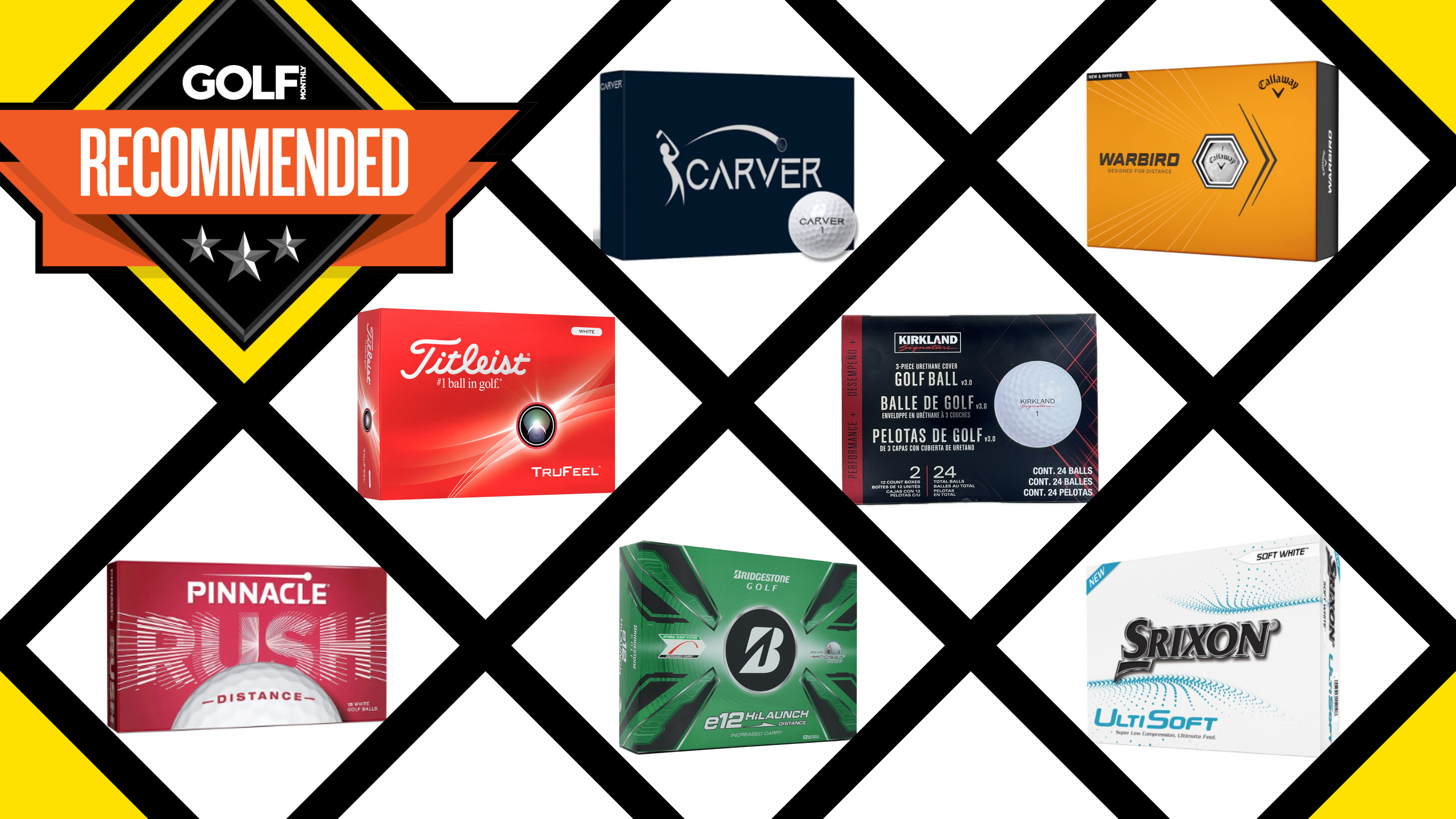
Subscribe to the Golf Monthly newsletter to stay up to date with all the latest tour news, equipment news, reviews, head-to-heads and buyer’s guides from our team of experienced experts.
You are now subscribed
Your newsletter sign-up was successful
Want to add more newsletters?

Delivered daily
Daily Newsletter
Sign up for all the latest tour news, gear reviews, head-to-heads and buyer’s guides plus features, tips from our top 50 coaches and rules advice from our expert team.

Once a week
Kick Point
Sign up to our free Kick Point newsletter, filled with the latest gear reviews and expert advice as well as the best deals we spot each week.

Once a week
Women's Golf Edit
Sign up to our free newsletter, filled with news, features, tips and best buys surrounding the world of women’s golf. If you’re a female golfer, you won’t want to miss out!
While it might be tempting to look at what the professional plays and follow suit, premium-priced options aren’t designed with the high-handicapper in mind. Rather than look at the best golf balls, many of which are used in tournament play week in, week out, instead it’s more prudent to focus on a dedicated ball for inexperienced players.
We’ve tested numerous balls aimed at the higher handicap golfers and have selected our favorites here, chosen for a variety of attributes including distance, feel and price. After reading this guide if you're still undecided about which is the right ball for you, why not check our our guide to the best distance golf balls for distance as well as the best golf ball for higher handicappers.
The Quick List

Titleist set the standard for golf ball manufacturing, so their TruFeel golf ball was always a favorite to be top pick in this guide. It performs strongly whilst having a modest price point suited to beginners.
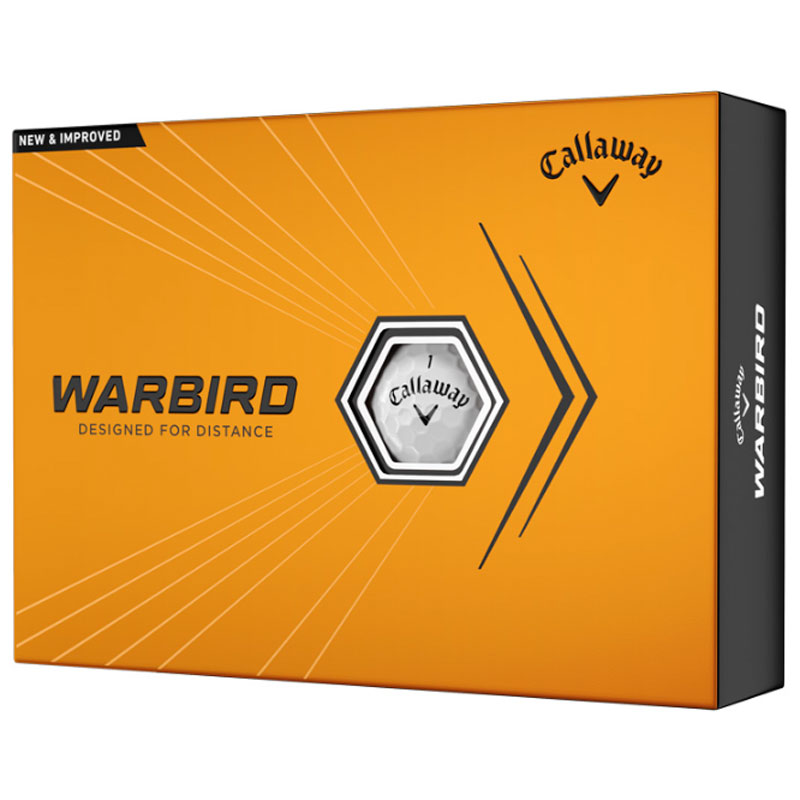
The Warbird has been popular with beginners for many years and not just because of the cool name - it delivers excellent distance whilst also providing a soft feel that is lovely when putting.
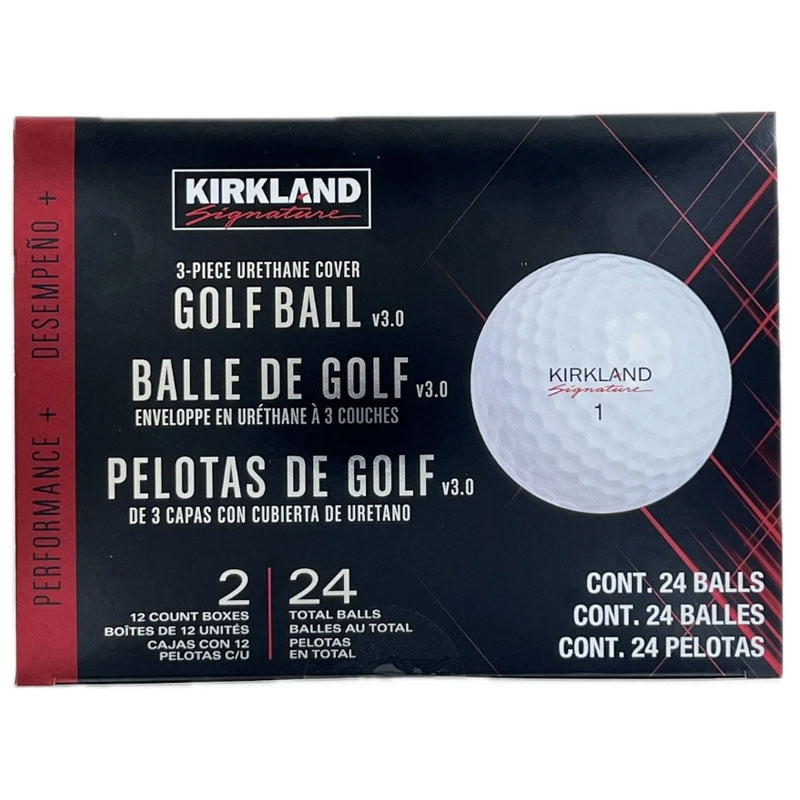
The value proposition is not really up for debate here. Despite a very cheap price, the Kirkland Signature still delivers a nice responsive feel, decent levels of spin, and relatively consistent launch monitor data. This make it an ideal ball for many beginner golfers.
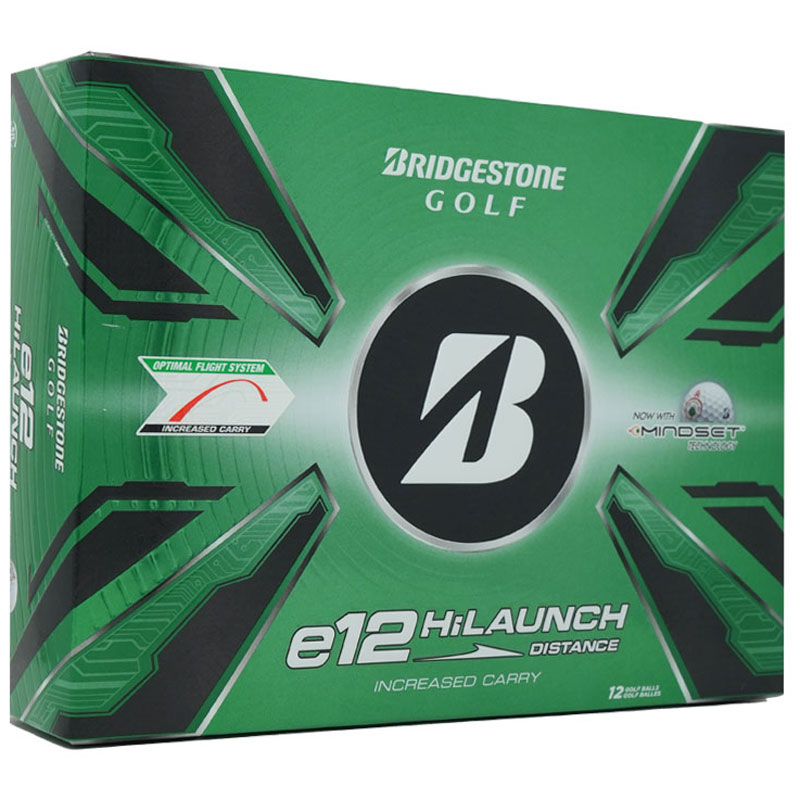
Designed to help golfers with slower swings to get the ball in the air more easily. It certainly does that and it will provide more carry and overall distance for the type of golfer it is aimed at.
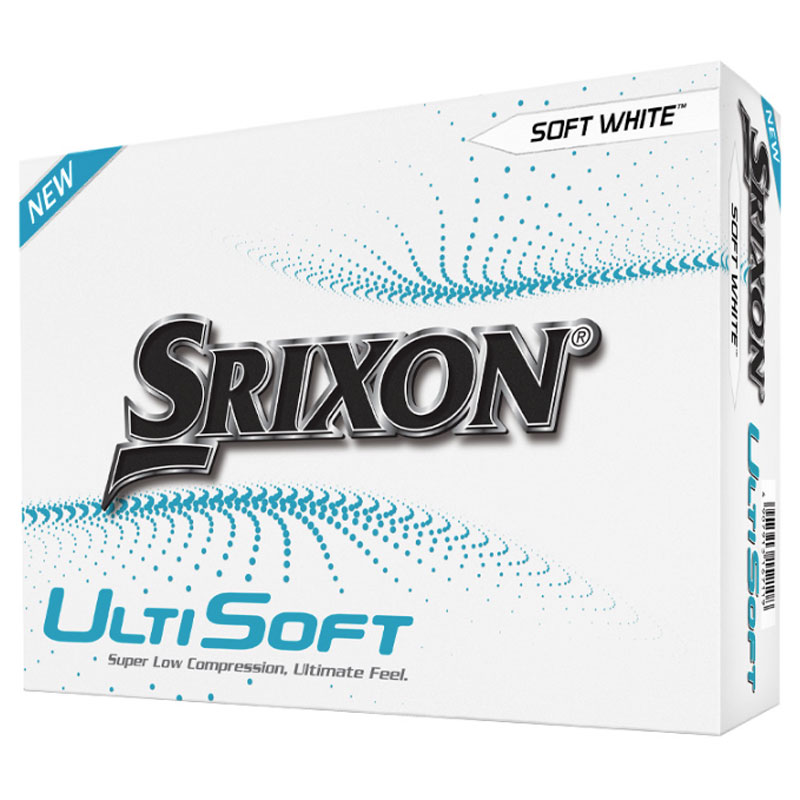
A great ball for beginners with a fast swing, with a nice soft feel around the greens. But beware the Srixon Ultisofts have a high trajectory, which won’t suit all playstyles.
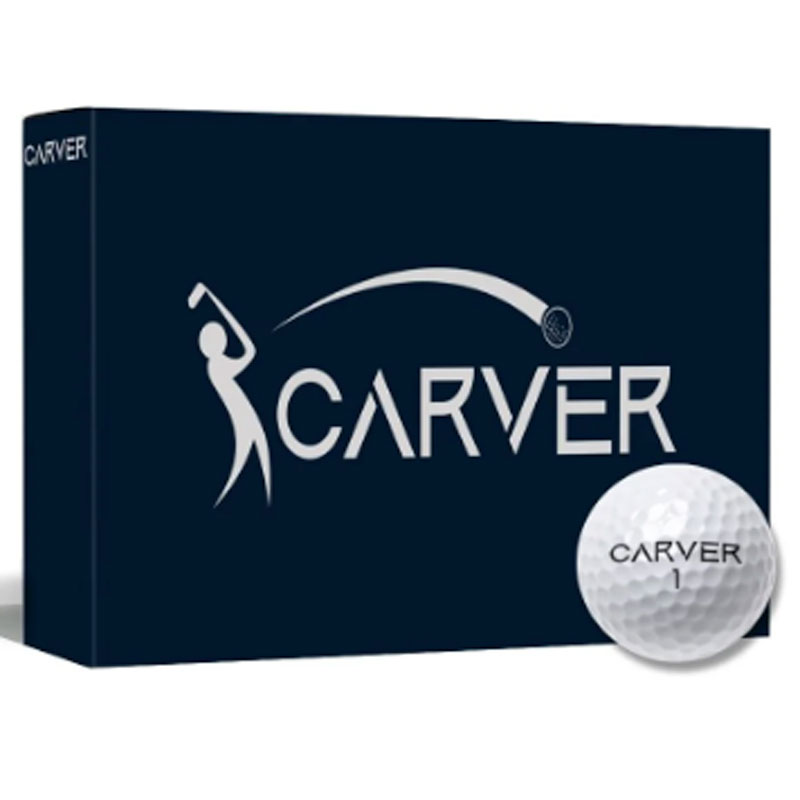
A lesser known brand but the Carver is a very solid performer at an extremely reasonable price. Spin control was the standout feature of this ball when we tested it.
Best Golf Balls for Beginners 2025
Top pick
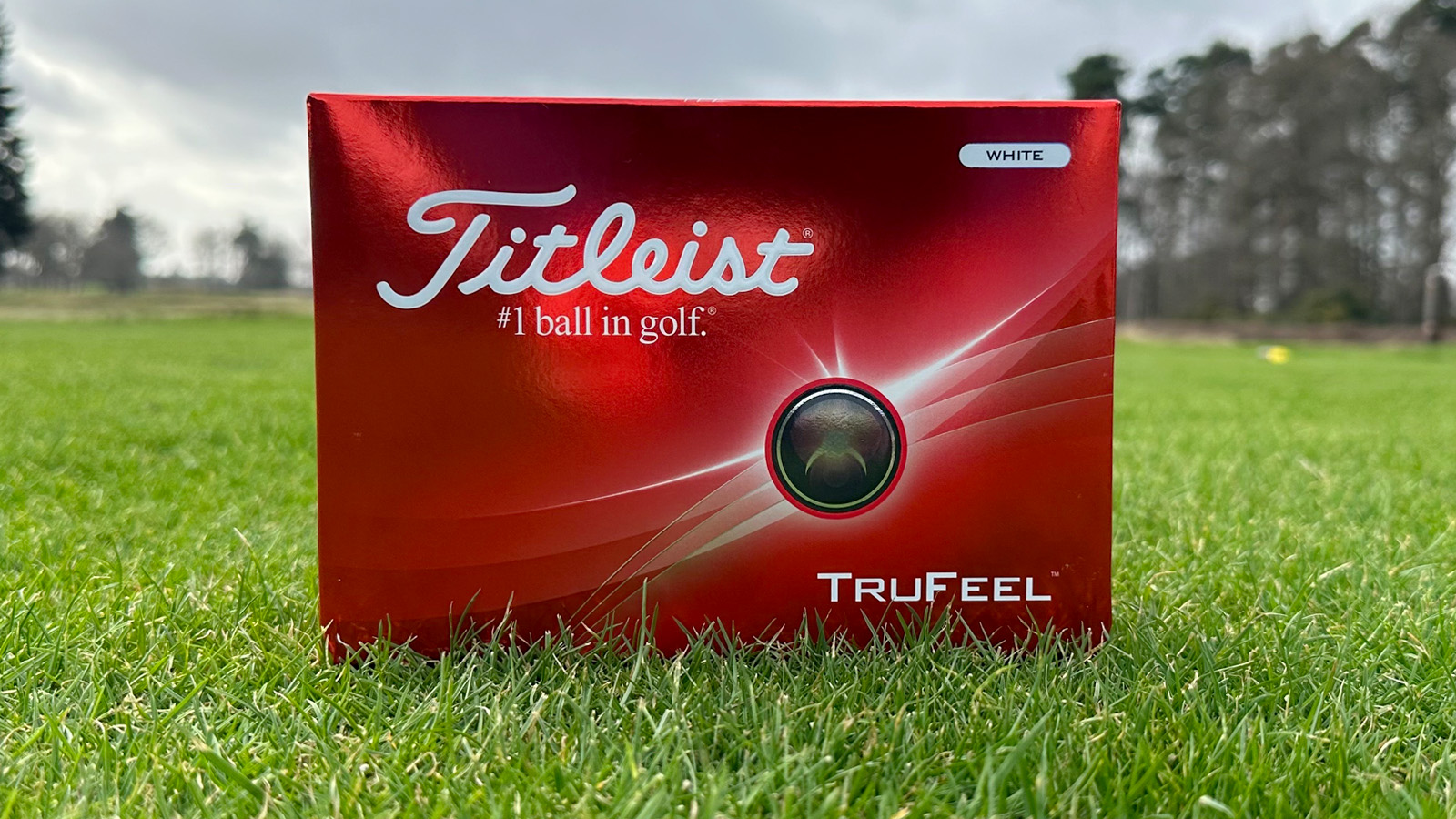
Specifications
Reasons to buy
Reasons to avoid
When we factor in the level of performance and compare that to the retail price, the Titleist TruFeel is one of the best Titleist golf balls and takes our title of top pick for that very reason. It's particularly suited for those with slower swing speeds like most beginners have but also deliver really nice feel for a golf ball in this category. Too often, cheaper golf balls can have a firm, clicky feeling - but not the TruFeel.
It's only a two-piece constructed golf ball but the TruFeel lives up to its name thanks to the wonderful feel of the 3.0 Truflex cover. It helped us feel like we had significant control over the ball during testing, especially around the greens. When we took the ball inside and onto the launch monitor we were also greeted with surprisingly high spin numbers for a mid-to-lower priced golf ball.
Perhaps unsurprisingly then, this isn’t the longest ball we’ve tested. While it will still provide those aforementioned slower swings with plenty of distance, this isn’t a ball for those chasing pure distance. Rather, it’s an accomplished all-rounder that will suit beginners but also provide them with control and spin as their game improves. We were able to control our trajectories during testing as well as get the desired reaction on the green, from our approach shots as well as pitches and chips. As such, we also think the TrueFeel qualifies as one of the best value golf balls around.
- Read our full Titleist 2024 TruFeel Golf Ball Review
Best for distance
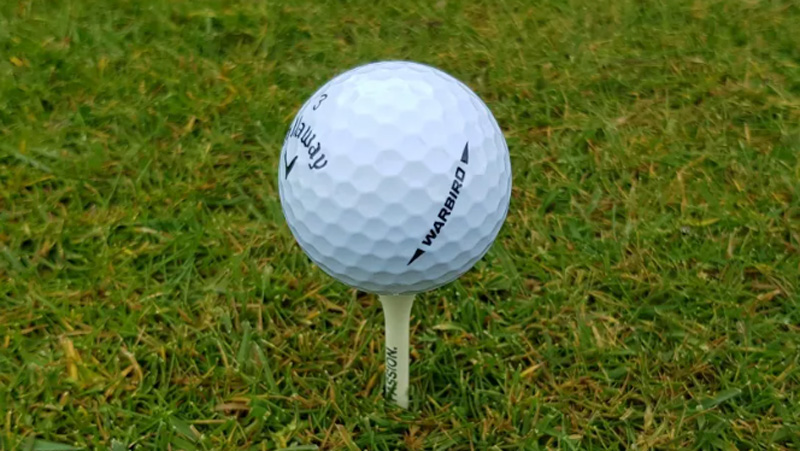
Specifications
Reasons to buy
Reasons to avoid
If you want to prioritize distance at the beginning of your golfing career, the Callaway Warbird is a good place to start. It's a lower priced golf ball that has been around for decade and for good reason, with previous iterations delivering good distance off the tee. The latest model really hones in on the distance aspect further, using a two-piece construction with a large core, aimed at making the ball fly high and far, regardless of your swing speed.
If you’re struggling to hit it far enough, or high enough, then it’s well worthy of your consideration. Our results, particularly with iron in hand, were impressive for us during testing . But there’s a price to pay, and the firm ionomer cover doesn’t provide the degree of check to always hold greens, as well as offer the feel and spin that you might like around the greens.
However, for newbies who just want to get the ball up and make those forced carries with a little more confidence, it’s probably a worthwhile tradeoff and one we’d support. You can always change your ball as you develop your skill set, but there’s little better for your confidence when you’re just starting out than to see the ball airborne! For that reason alone, the Warbird is one of the best Callaway golf balls you can buy.
- Read our full Callaway Warbird Ball Review
Best value
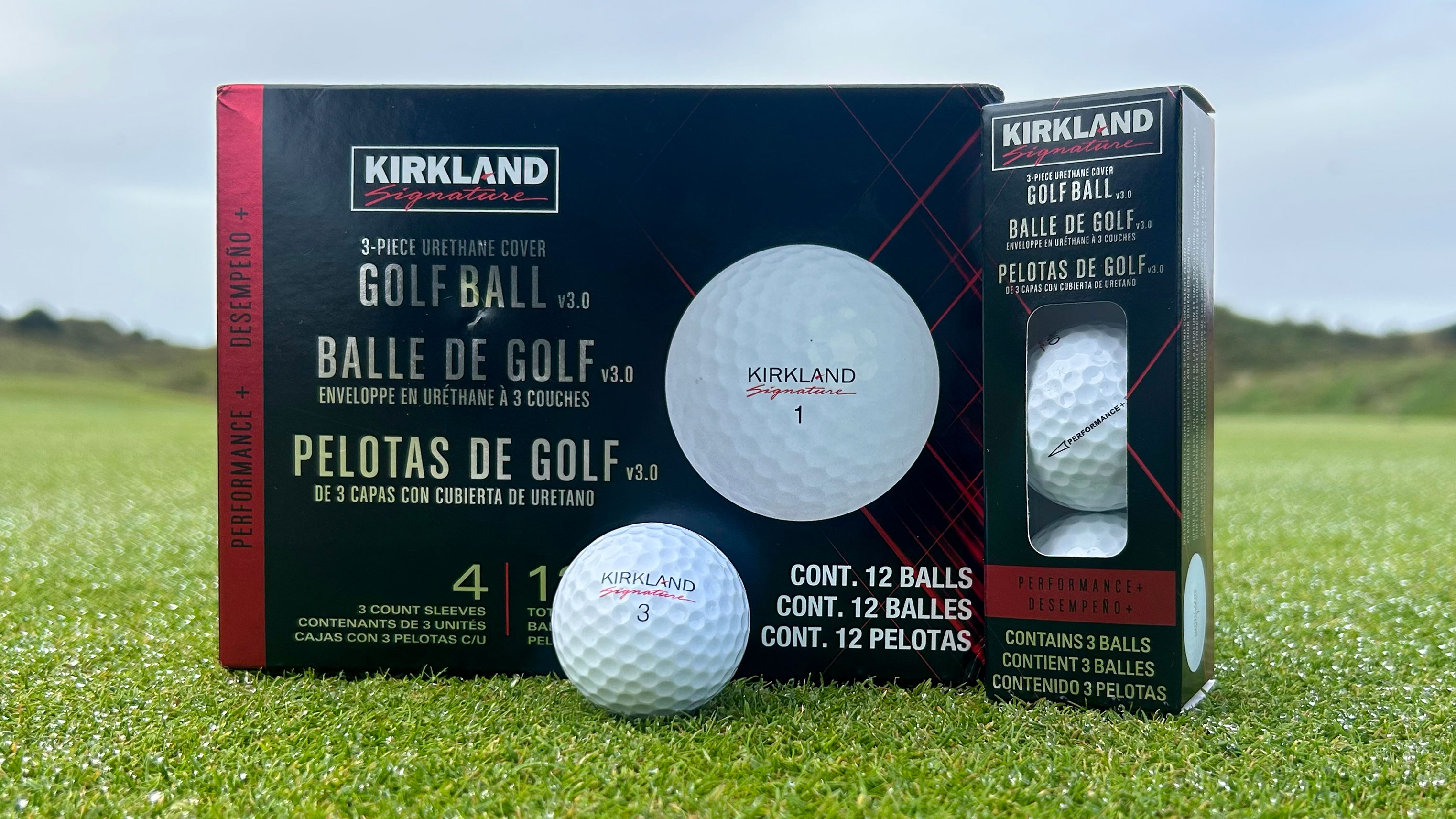
Specifications
Reasons to buy
Reasons to avoid
Next up my top value pick is the latest version of the Kirkland Signature golf ball which you can find for $34.99 for two dozen. I'm sure you agree, this sounds unbeatable from a value perspective so I want to discuss the performance of the ball as well.
First up it is a three-piece ball and my initial impression of the feel, which was a little "clicky" in older models, has much improved. I thought it felt noticeably softer at impact and this was especially noticeable when using irons or wedges. In fact from short chips and pitches it was most apparent. However it should be noted that I felt the slight lack of control becomes more apparent as you approach the green, where the Kirkland ball certainly fell short of more premium golf balls in terms of spin and performance.
But even after the testing I have done, I can pretty confidently say that the Kirkland is a fairly reliable product, offering decent feel and feedback and a reasonable level of spin and control, albeit at a mildly reduced distance. Therefore I do dispute CostCo's claim that this is a ball that can be played by beginners and professionals alike, with elite players noticing the lack of greenside control immediately. But I cannot think of a ball that even gets close to representing the same extraordinary value for the beginner or intermediate player.
- Read our full Kirkland Signature 2025 Golf Ball Review
Best for launch
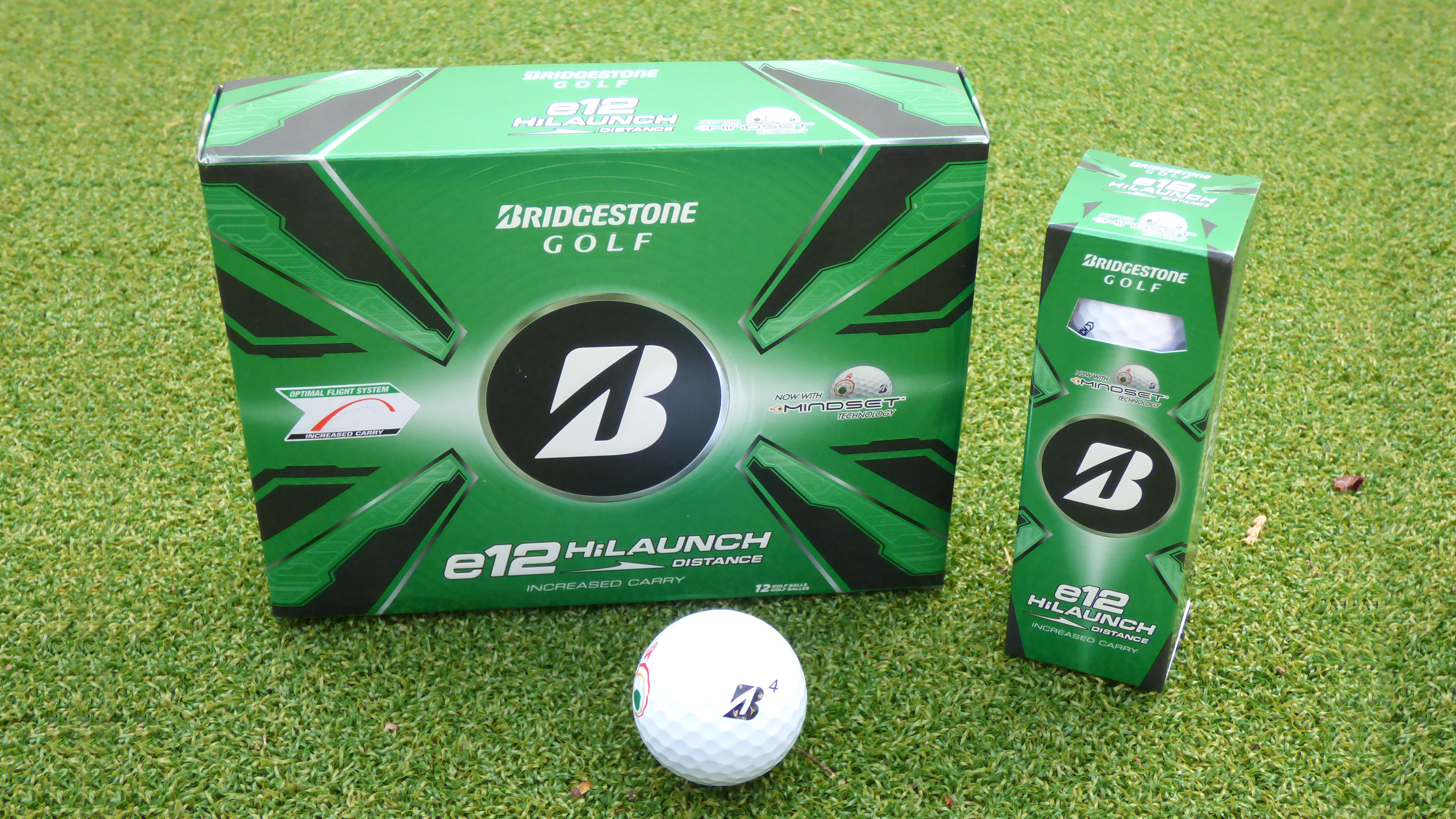
Specifications
Reasons to buy
Reasons to avoid
For beginner golfers getting the ball airborne can prove difficult so balls like this one have been designed to help. The e12 Hi Launch is one of several balls in the e12 range, and as the name states is aimed at golfers looking for a higher ball flight.
Thankfully, in my testing the ball lives up to its name as I saw a towering ball flight with plenty of carry, especially on the irons. This certainly makes it one of the best golf balls for seniors, who typically struggle getting enough height due to a drop off in their swing speed.
It may not produce a huge amount of spin, the higher elevation alone should help its target audience to hold more greens. When you miss however, the lack of spin does mean that you get plenty of release which may also help beginner golfers around the greens. The same rings true with the putter, with a firmer, faster feel off the face.
Like many Bridgestone balls, the e12 features its Mindset logo, which is designed to help you to develop a consistent pre-shot routine; the pattern is created to trigger a three step process; identify the target, visualize the shot path and then clear your mind and focus on the green dot before executing your shot.
All told, the ball does its primary job impressively well and the drawbacks around the green are likely to be less of a concern for a player who’s really focused on getting more height and more distance with their full shots.
- Read our full Bridgestone Hi Launch Golf Ball Review
Best soft feel
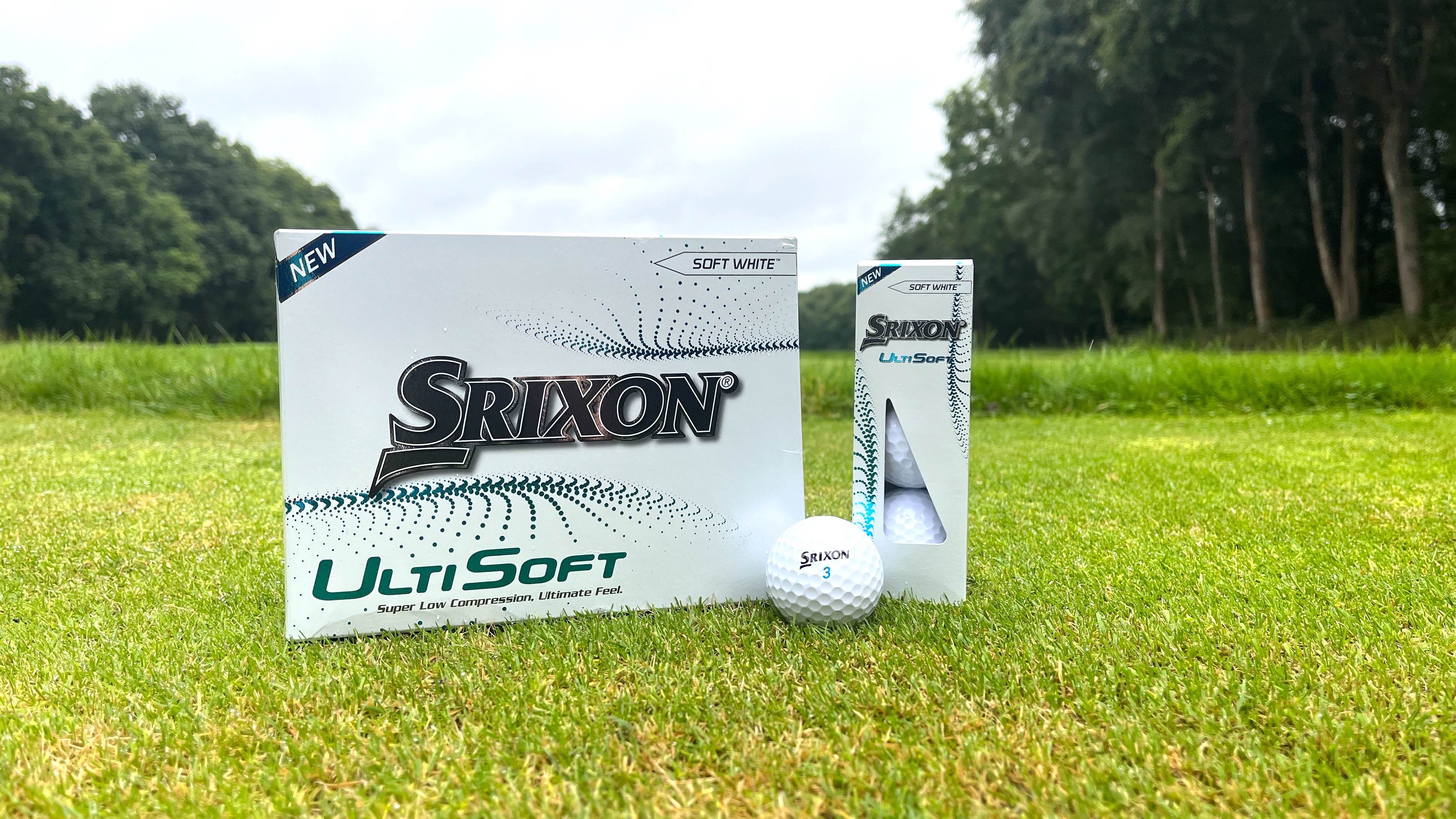
Specifications
Reasons to buy
Reasons to avoid
Srixon claims the UltiSoft is the softest ball they've ever prodyced which be to the benefit of those with slower swing speeds. Why? Because it means a lower compression in the golf ball is needed and compression is harder to achieve with slower swing speed. The most premium golf balls that the pros use on the PGA Tour typically have very high compression and those would not be well suited to beginners.
It’s that low-compression core that’s designed to maximize energy transfer for more yards, while still delivering a softer feel off the club face. And it works. We were left impressed with not only the distance the ball went, but with how accurate it was. Low-compression balls typically are effective at reducing side spin and in turn tightening dispersion rates, and this was certainly the case here.
A far bigger surprise was just how soft it felt around the greens. While not comparable to a premium-priced ball aimed at skilled players, nonetheless it did allow us to play a variety of shots with confidence. All told, the UltiSoft is a great all-rounder with a level of feel that’s true to its name.
- Read our full Srixon UltiSoft 2022 Golf Ball Review
Best for spin
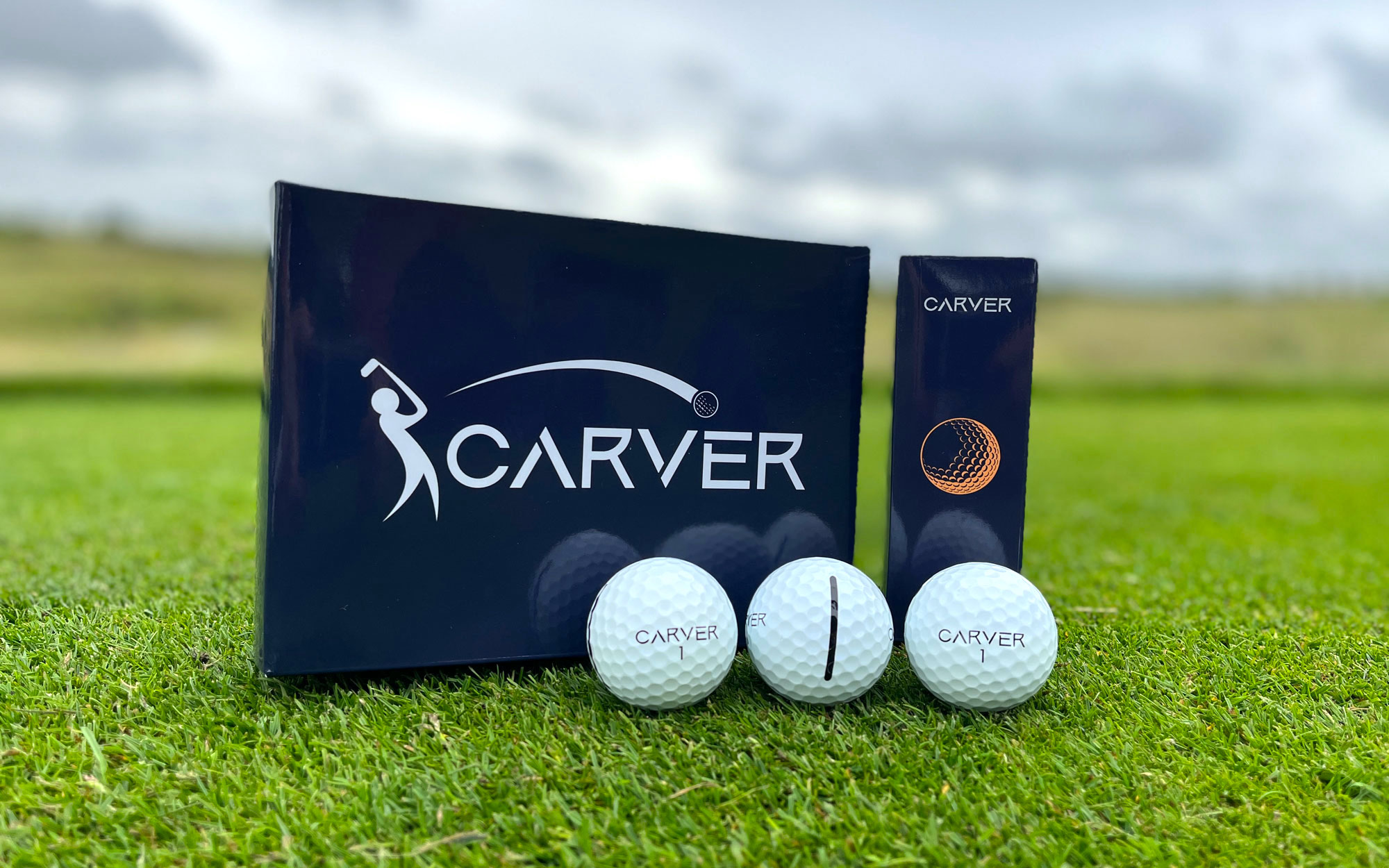
Specifications
Reasons to buy
Reasons to avoid
Now for something a little different. Carver is a new name on the golf ball market and can be purchased either as a one-off purchase, as is the case with most other brands, or using a monthly subscription. The latter option aims to provide a 3-piece, urethane-covered ball at a far more affordable price, as well as ensuring that you won’t run out of balls.
It’s a novel concept and one that’s likely to appeal to a range of players, including less experienced golfers who still fancy playing with a ‘tour style’ ball, without the prohibitive costs of buying a dozen balls from one of the big guns.
During testing, the ball certainly performed like one with a higher price tag. There’s plenty of distance off the tee and with the irons for slower swing speeds, but it was the degree of spin control that really impressed us; we were able to get the ball to check up even on firm greens, as well as produce plenty of spin with our chips and pitches.
If there’s a downside to the Carver ball it might be its durability; after hitting a few wedge shots the covers were scuffed. Still, at this price it’s a ball that represents real value for money.
- Read our full Carver Golf Ball Review
How we test golf balls
Our ball testing is headed up by the vastly experienced Sam De'Ath and Joe Ferguson. Along with other Golf Monthly testers they applied a comprehensive process that involved taking the balls to the range to evaluate their spin rates, carry and launch, with the help of one of the best launch monitors , before hitting the course to see how the numbers translate to real-life conditions.
Golf balls are extensively tested on course as well as with a launch monitor to give us the most information possible for our reviews. In terms of specifics for golf balls, we use several members of the Golf Monthly team, who play at a variety of levels, to put golf balls to the test out on the golf course. We also make sure to test the balls across a range of weather conditions, and from various lies, so we can better understand how they perform and feel, and in turn assess which level of golfer they are best suited to.
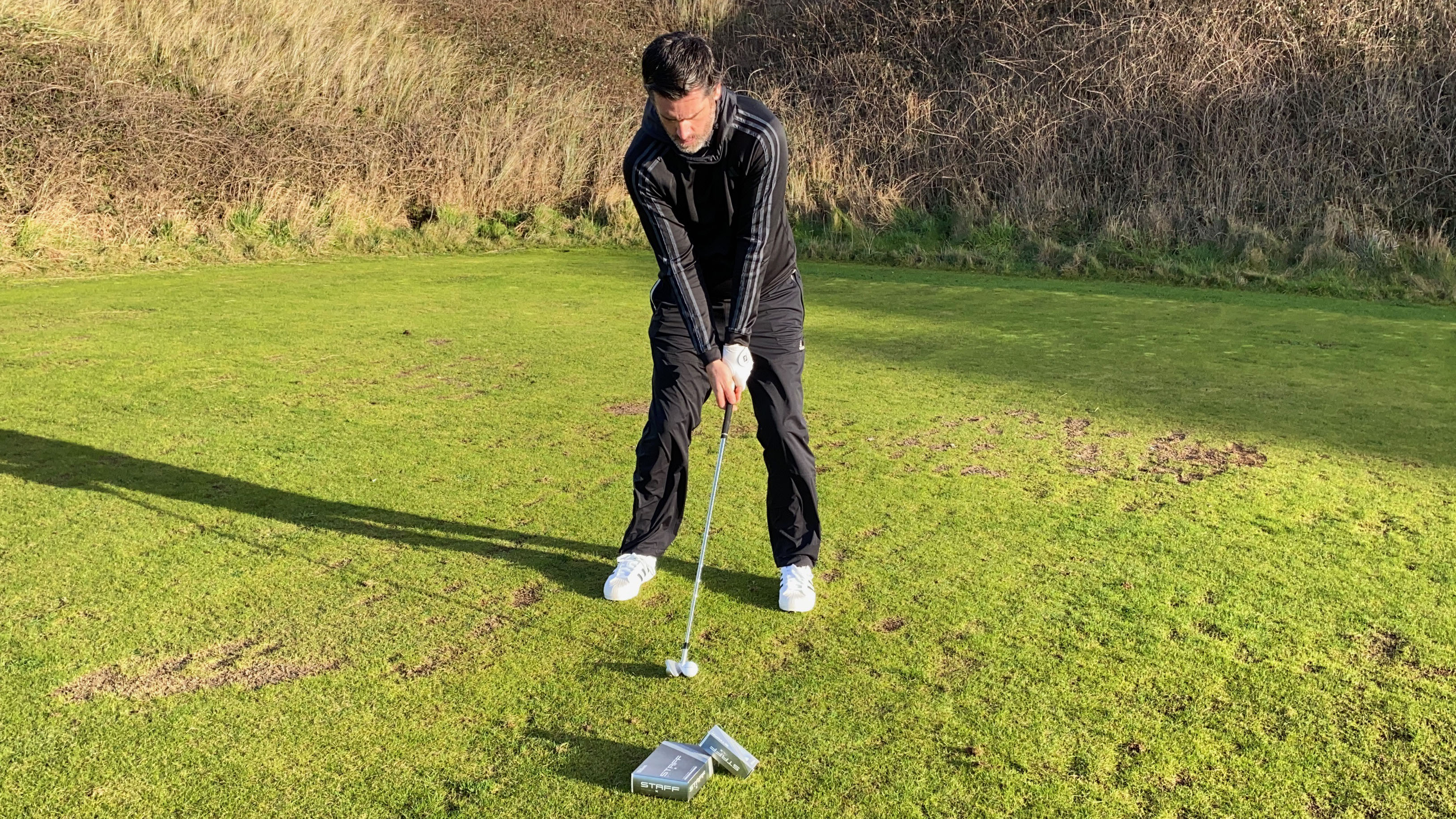
Joe Ferguson testing the Wilson Staff Model X Golf Ball
Each golf ball is also tested over a sustained period of time - it's not a case of playing 18 holes and then writing the review, but rather testing over a longer period of time on both the practice range, chipping area, putting green and then finally on the golf course. This allows us to gather as much experience with the ball, to test it out in all conditions and scenarios, to then give it a full and fair verdict in our reviews.
We pride ourselves in our reviews because we have built a trust between us and our readership through over a decade of reviewing the best (and sometimes worst) golf equipment. Our goal has always been the same and will never change - to give our readership informed buying advice, free from bias, so you can make the best informed buying decisions in a sport that is only becoming more and more expensive.
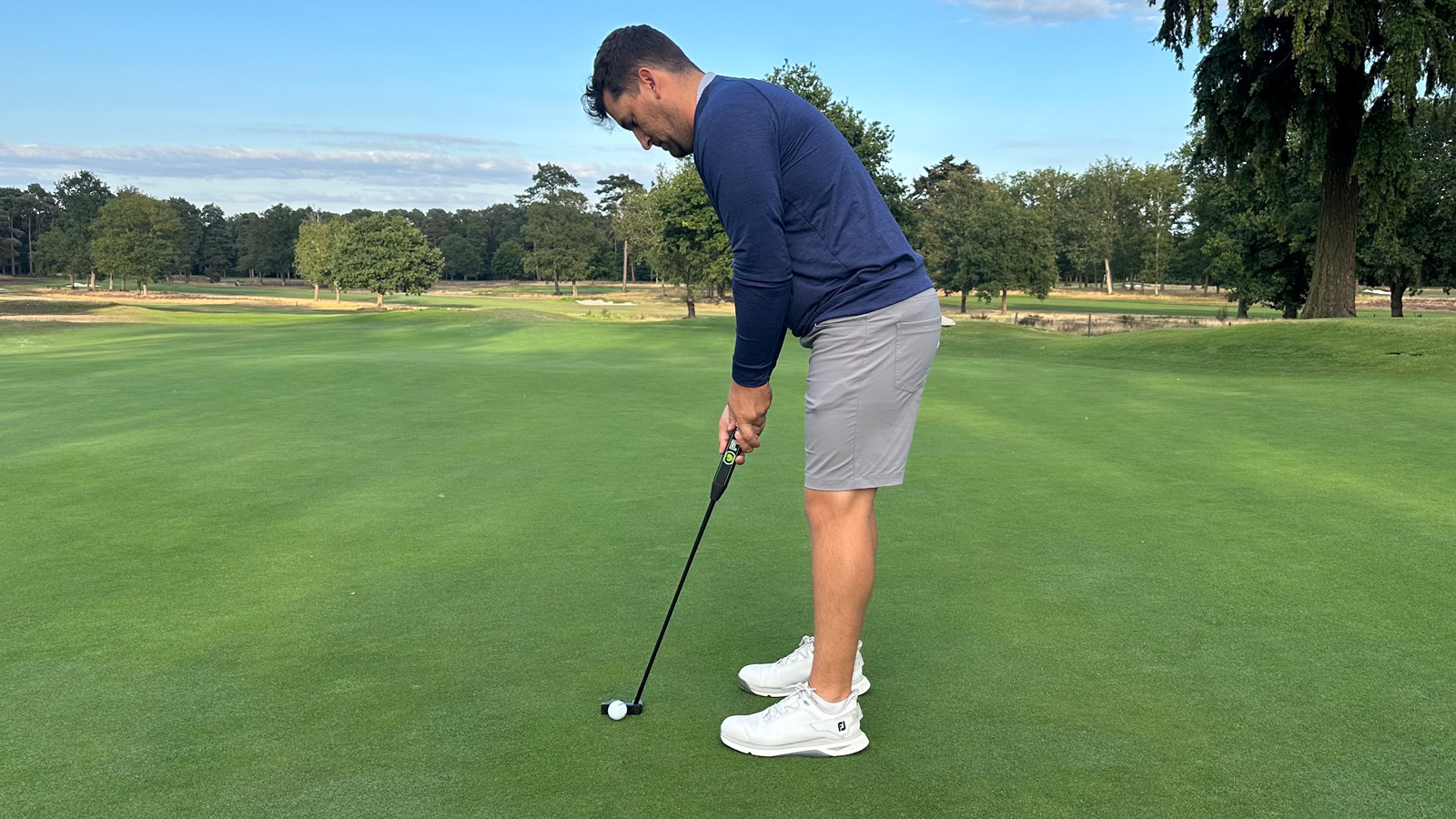
As with any product we test at Golf Monthly, a good review cannot be bought by a brand. All of the balls in the guide have been selected because we genuinely believe they are a quality product that’s well suited to the beginner golfer.
What to consider when buying golf balls
Long game or short game?
While there are golf balls that deliver both distance and spin control, it’s worth asking yourself which is your priority. For many inexperienced golfers getting the ball up in the air and travelling a good distance is the first port of call. If this sounds like you, then look for a firmer, two-piece ball that’s designed to launch high and travel far, while limiting the amount of spin that can exaggerate hooks and slices.
Durability
Distance balls by their nature are firmer and thus more resistant to cuts and scrapes than a softer ball designed for experienced players. Certainly this translates to better value for money providing you don’t lose the ball in the rough or a water hazard - if you go through a fair number of balls each round then price is likely more of a priority than how long it will last.
Color
While traditionalists will likely always use a white golf ball, there are far more colour options should you want to explore them. The advantage of a brighter golf ball is that it's easier to follow in the air as well as spot in the rough.
Budget
In the beginner section of the golf ball market, there are different price points to be aware of, so assess how much you want to spend before heading down to the golf shop and picking up a pack of balls.
Number of balls
Given how cheap some of the models are above, you can occasionally find deals on models that mean you can get 24 or sometimes even 36 golf balls for a generous price. Beginners tend to lose golf balls more quickly so it makes sense to get as many as possible when you can in the sales.
For more advice on golf balls, check out our guides on the best mid-price golf balls, best golf balls for slow swing speeds, and best winter golf balls.
FAQs
What types of golf balls should a beginner use?
This will vary from golfer to golfer but we have found the most common requirements are: balls that help players get the ball into the air and hit it further, adequate feel for those shots around the green, durable enough to deal with marks and dents during a round and a good value price.
Do golf balls matter for beginners?
We think golf balls matter at every level of the game. From a game improvement standpoint, there are serious gains to be made for a newcomer to the sport using the correct ball for their needs. There is no point in a beginner using a Tour-level golf ball as they wouldn't be able to consistently utilize what the ball has been designed for. But there are balls out there that can help beginner players get to a stage where they might one day be able to use a Titleist Pro V1, for example. So yes, golf balls do matter for beginners, as they can help you become a better player.
How many golf balls does a beginner need?
Generally, beginners tend to lose more balls on the course than players who have been playing for some time. Granted we all have days where we swat three balls into the water, but as beginners are less experienced players, it is wise to carry a few extra balls in the bag to ensure you have enough to get around with. Make sure though not to weigh your bag down too much with too many balls!
Subscribe to the Golf Monthly newsletter to stay up to date with all the latest tour news, equipment news, reviews, head-to-heads and buyer’s guides from our team of experienced experts.

Sam has worked in the golf industry for 14 years, offering advice on equipment to all levels of golfers. Sam heads up any content around fairway woods, hybrids, wedges, putters, golf balls and Tour gear.
Sam graduated from Webber International University in 2017 with a BSc Marketing Management degree while playing collegiate golf. His experience of playing professionally on both the EuroPro Tour and Clutch Pro Tour, alongside his golf retail history, means Sam has extensive knowledge of golf equipment and what works for different types of golfers.
- Joe FergusonStaff Writer
- Sam TremlettSenior E-commerce Editor